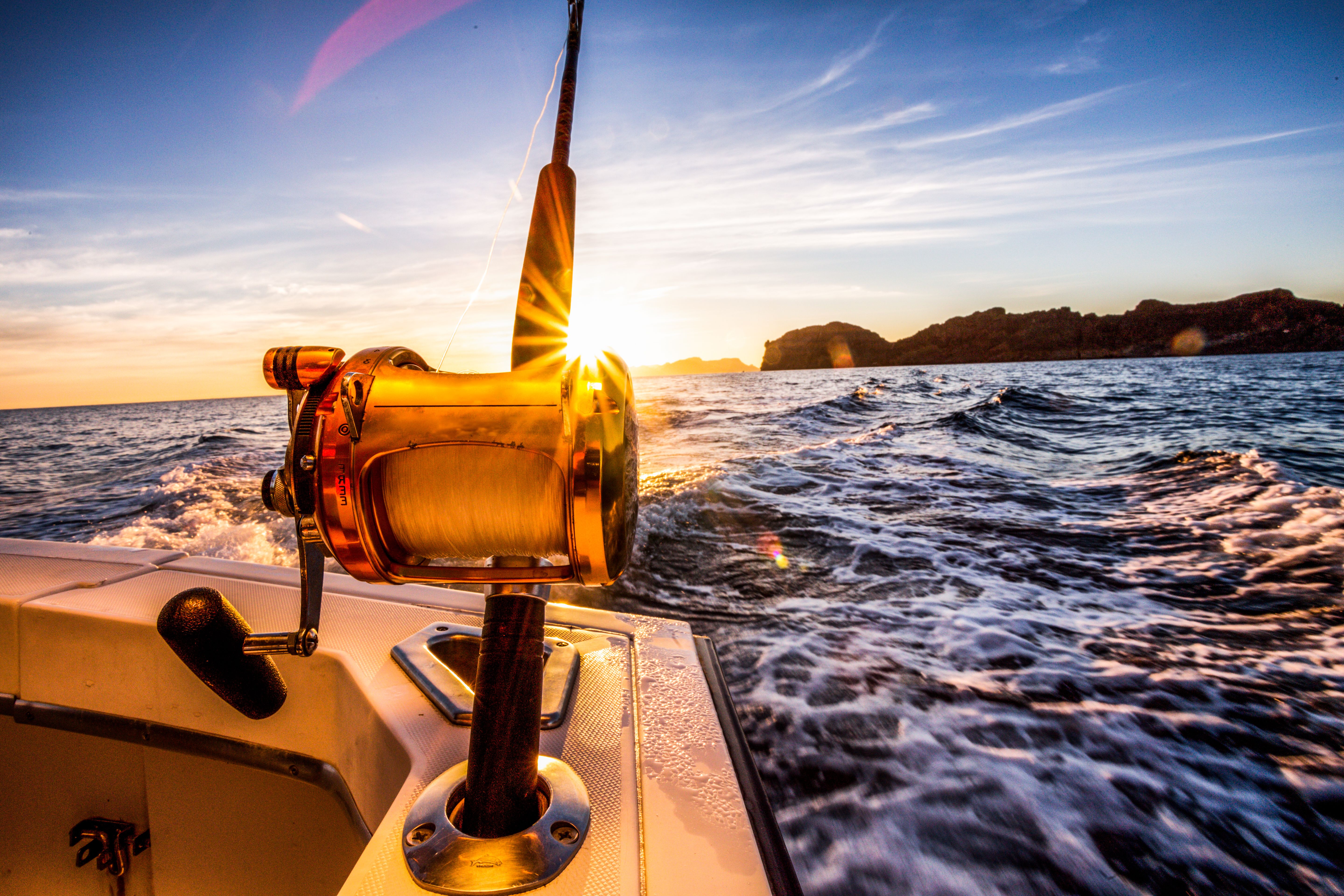Choosing the Right Fishing Bait in Massachusetts: A Guide for Anglers
Understanding Massachusetts Fishing Regulations
Before you embark on your fishing adventure in Massachusetts, it's essential to familiarize yourself with the state's fishing regulations. These rules not only help preserve the aquatic ecosystem but also ensure sustainable fishing practices. Always check the Massachusetts Department of Fish and Game website for the latest regulations regarding fishing seasons, size limits, and catch restrictions.
Fishing licenses are a must-have for anglers over the age of 15. Make sure you purchase the appropriate license, whether it's a freshwater, saltwater, or a combination license, to avoid any legal issues during your fishing trips.

Freshwater vs. Saltwater Bait
Massachusetts offers a diverse range of fishing environments, from serene freshwater lakes and rivers to the expansive Atlantic coastline. Choosing the right bait depends largely on whether you're fishing in freshwater or saltwater locations.
Freshwater Bait Options
For freshwater fishing in Massachusetts, worms, minnows, and insects are popular bait choices. Nightcrawlers are particularly effective for catching bass and trout in the state's lakes and rivers. For larger game fish like pike, consider using live minnows or artificial lures that mimic their prey.
Saltwater Bait Options
When it comes to saltwater fishing along the Massachusetts coastline, bait such as squid, clams, and mackerel work well. Striped bass, a prized catch in these waters, often respond to fresh or frozen mackerel. Additionally, using artificial lures like poppers and jigs can be highly effective for attracting bluefish and other saltwater species.

Seasonal Considerations
The time of year can greatly influence the type of bait that will yield the best results. During the spring and fall, when fish are more active, live bait like shiners and worms can be particularly effective. Conversely, in the summer months, when water temperatures rise, fish may be more likely to respond to artificial lures that mimic their natural prey's movements.
Winter fishing in Massachusetts can be challenging due to colder water temperatures. However, using smaller bait like wax worms and maggots can entice species such as perch and crappie.
Matching Bait with Target Species
Knowing the target species you aim to catch will greatly aid in selecting the right bait. Here's a list of common Massachusetts fish and suitable bait options:
- Largemouth Bass: Crayfish, plastic worms, and spinnerbaits.
- Trout: Nightcrawlers, corn, and salmon eggs.
- Striped Bass: Eels, mackerel, and soft plastic lures.
- Bluefish: Cut baitfish, spoons, and surface poppers.

Experimenting with Artificial Lures
While natural bait is often effective, don't underestimate the power of artificial lures. These lures come in various shapes, sizes, and colors designed to mimic prey. They can be particularly useful in heavily fished areas where fish may be wary of traditional bait.
Consider experimenting with different types of lures such as crankbaits, spinners, and soft plastics. Observing how local anglers use these lures can also provide insights into what works best in specific locations.
Conclusion
Choosing the right fishing bait in Massachusetts involves understanding local regulations, recognizing the differences between freshwater and saltwater environments, and considering seasonal changes. By matching your bait to the target species and experimenting with both natural and artificial options, you'll enhance your chances of a successful fishing trip. Remember, patience and adaptability are key traits for any successful angler.
